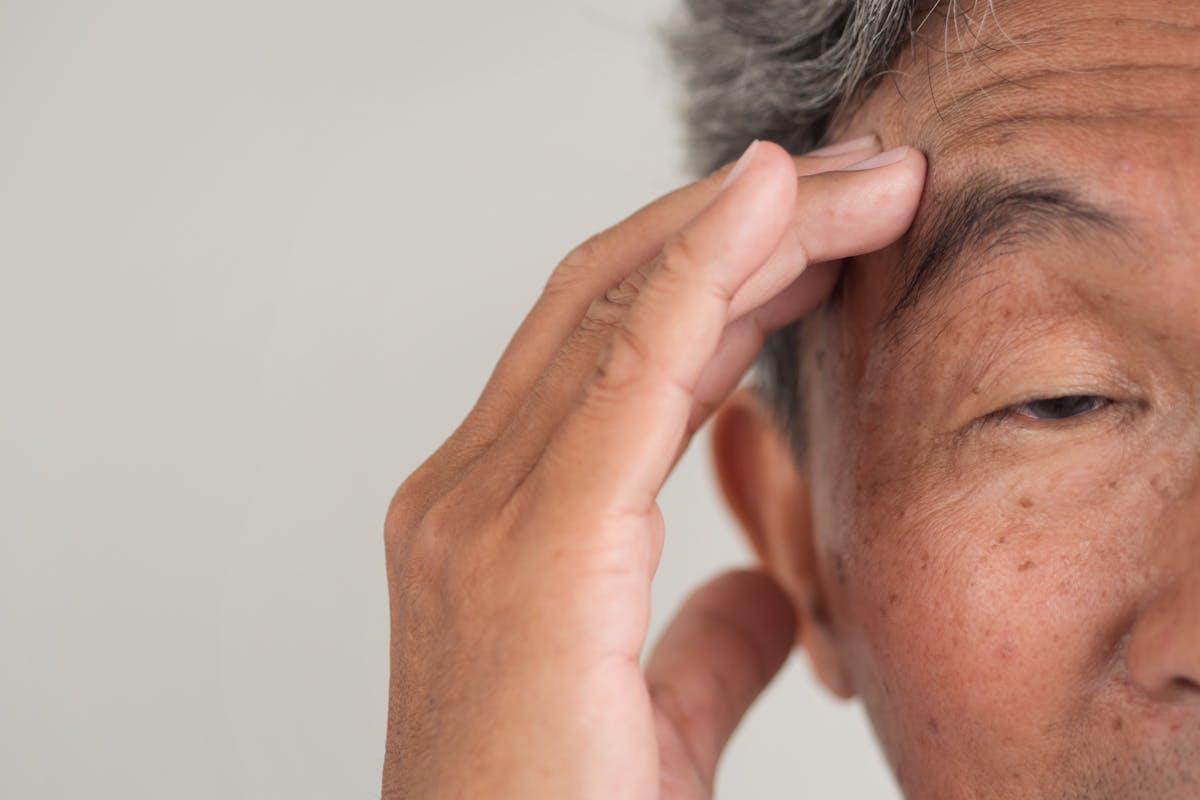How to Prevent Memory Loss as You Grow Older

When a senior loved one suffers from a life-limiting illness, family members typically feel frustrated, sad, and even fearful. As the disease progresses, family caregivers might worry about what comes next and whether they will be able to manage their loved one’s care.
It can also leave an adult child or grandchild who is the caregiver feeling anxious and uncertain about their own health. This is especially true for a disease like Alzheimer’s, where so little is known about the cause and no treatment exists.
While the research on potential genetic links that increase the risk for Alzheimer’s are largely inconclusive, lifestyle choices are believed to play a role in who will and who won’t develop this most common type of dementia. One of these is exercise—both keeping physically fit and giving your brain regular workouts.
Exercise and Brain Health
A study in the Journal of Alzheimer’s Disease looked at potential links between exercise and brain health. Participants were an average of 78 years old and living a sedentary lifestyle. Researchers divided the participants into two groups:
- Seniors who appeared healthy
- Seniors known to have a mild cognitive impairment
During the 12-week trial, participants exercised on a treadmill. When the trial was over, both groups showed improvement in cardiovascular fitness, memory performance, and neural efficiency. Researchers believe it shows that exercise plays a key role in maintaining and possibly improving brain function and memory recall, even for those who have mild cognitive impairment.
Besides walking, other low-impact forms of exercise to try could include tai chi, Pilates, yoga, recumbent biking, and low-impact aerobics. If you’ve been fairly sedentary or haven’t exercised recently, remember to talk with your physician for advice before getting started.
Exercise for the Brain
When it comes to building physical stamina and muscle strength, repetition is often the key. For your brain, however, the opposite is true. Doing the same things, the same way, day after day, can lead to a decline in cognitive well-being. The brain needs novelty and stimulation to stay healthy.
According to the Alzheimer’s Research and Prevention Foundation, learning provides aerobic-like benefits for the brain. In fact, it may help decrease your risk of Alzheimer’s by as much as 70%!
So, what does a workout for the brain look like?
Here are a couple of activities that protect brain health:
- Try a new language: Learning a new language challenges the brain. While it might be fun to sign up for an in-person class at your local community college or learning annex, there are other options that let you learn at your own pace. Online platforms, such as Babbel or Rosetta Stone, are good ones to explore.
- Start a garage band: Music is linked to a variety of health benefits, including protecting brain health. If you already play an instrument, start your own band! Even if you don’t, round up a few friends and learn how to play together. Practicing in your garage or on your patio is good for your brain and spirit!
- Read every day: Another way to keep your brain fit as you age is through daily reading. Read the local newspaper online every morning or borrow a mystery series from the library. Also check with your local library to see if they have an app you can download on your tablet. Those typically allow you to borrow magazines and books online.
- Write a novel: Writing also gives your brain a healthy workout. If you’ve never been a writer, begin with something simple. It might be a series of short stories or your own biography.
- Play games: Whether it’s a few rounds of Wordle on your tablet or a Scrabble competition with friends, game play stimulates the brain. Those that require memory and strategy skills are best.
Taking these steps now might keep you from developing Alzheimer’s disease or another type of dementia in the years ahead.
Peace of Mind with an Emergency Call Device
One more prevention strategy that might give seniors and caregivers peace of mind is a mobile monitoring unit. In the event of an emergency, these devices allow the user to quickly summon help from wherever they are. Call 1-844-203-5617 today to learn more!